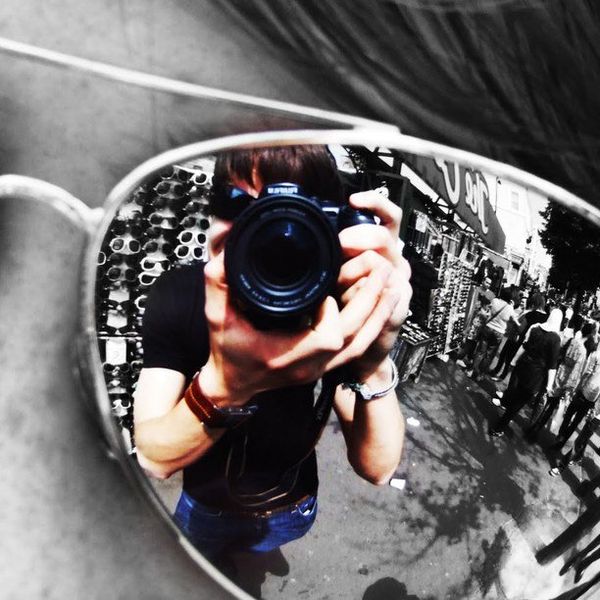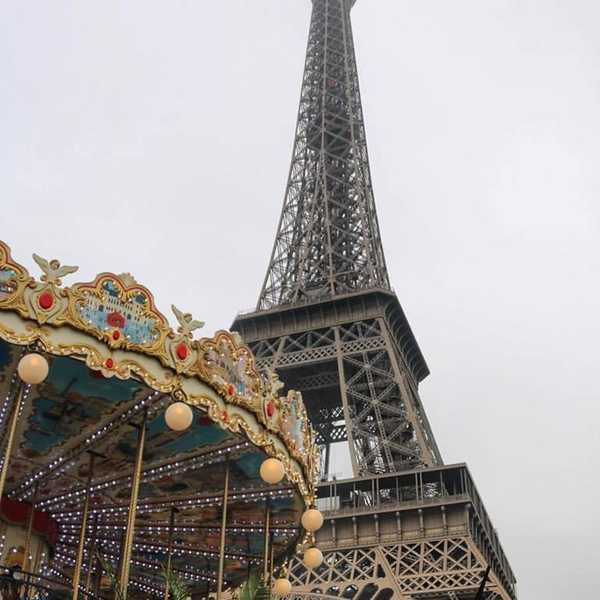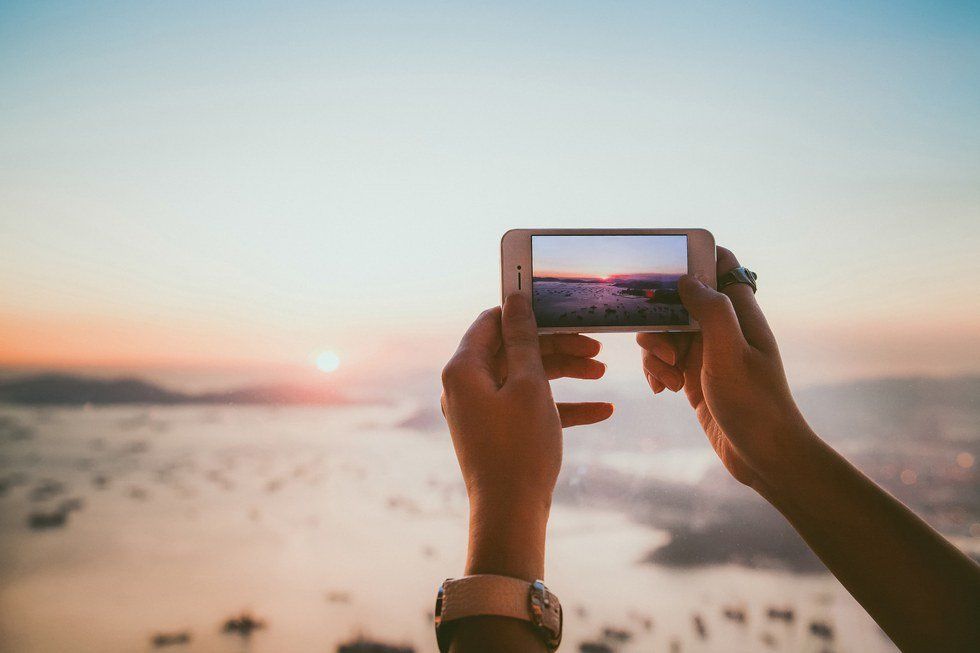If a stranger were to scroll through the pictures on my phone right now, they wouldn't know almost anything about me. They could probably gather that I'm a college student, that I am a Snapchat-screenshot master, and that I think dogs wearing hats are absolutely hysterical. That's about it, and I'm more than alright with that. You see, Digital pictures become more ad more puzzling to me lately.
It certainly isn't that I don't appreciate the beautiful photography of National Geographic or that I don't value every embarrassing baby picture I have. It's more a question of intention, I believe. I recently mentioned this to my photography professor, and his response was "That's missing the point. Cameras have the ability to let one moment shared all over the world, and allow for any interpretation from anyone". He was right. I suppose that is what photography intends for. So I agreed with him in the moment, as any B- student would, in hopes that my comment had not put me on bad terms with him.
But as I walked back to my dorm, I couldn't help think that what my professor had said didn't really justify the way people view pictures today. Our iPhones and Androids are beyond efficient in the sense of capturing evidence that we were somewhere, did something, or looked amazing that day. But they allow you to take infinite captures of a place or a person, or a moment, without holding you accountable for how present you actually were. What we get as the result is a collection of pictures of groups of girls who are pretending to laugh, or someone photobombing a picture of a famous landmark.
As someone who has been in both of these types of pictures (and 100 other variations), they tend to take away from the experience rather than add to it. Let me provide a shameful example.
When I climbed my first fourteener, I was 13. Instagram didn't exist, I wasn't on Facebook, and my cell phone was a good old Nokia flip phone. When we got to the top, I teared up at how absolutely beautiful the sight was. I remember the cold, light rain that was falling. As I ate the best tasting peanut butter and jelly sandwich I ever had, I heard nothing but the movement of rocks under my feet and the chilly wind as it hit my windbreaker. I remember my heart beating out of my chest as my lungs adapted to the altitude. I remember seeing all of the Rocky Mountains around me and how small I felt. There were no photos taken.
Contrast that to last summer, when 17-yea-old me climbed my fourth fourteener. I wish I could give the same type of account here, but the truth is I don't really remember anything special. And obviously, a giant mountain in the middle of a wildflower field is anything but boring, so I can't blame it on the scenery for my lack of memory. I can, however, blame myself and my obsession with taking pictures and videos of every part of the three hour hike up. I was taking pictures of my friends, taking selfies, I even remember trying to take really artsy picture with a flower in my hair. When we got to the top, I don't even recall taking time to sit and enjoy the view. We just snapped some more pictures, made sure they were Insta-worthy, high-fived, and descended back down. Then we hopped in the car and "filtered" away the realness even more. Woo.
The "pics or it didn't happen" craze has taken over our sense of appreciation, and often times it deprives us of genuine moments. Think of all the times you were aggressively snap chatting a concert or taking pictures of amazing food you ordered at a restaurant. Now think, did it really tell people much about the experience? Or was it just to simply "prove" you went to these places and did these things?
It's important to be mindful of how we take pictures, because the more we take, the less present we tend to be. I certainly am not advising you to stop taking pictures of your proudest moments or your adorable dogs, but I do think it's important to remember why cameras were invented. Pictures are temporary. Most of them get posted, deleted, and forgotten. But memories, such as mine on top of my first giant mountain, allow for a more deep kind of connection. So I think my photography teacher was right, we are missing the point. As Eve Arnold so perfectly put it, "It is the photographer, not the camera, that is the instrument."





















